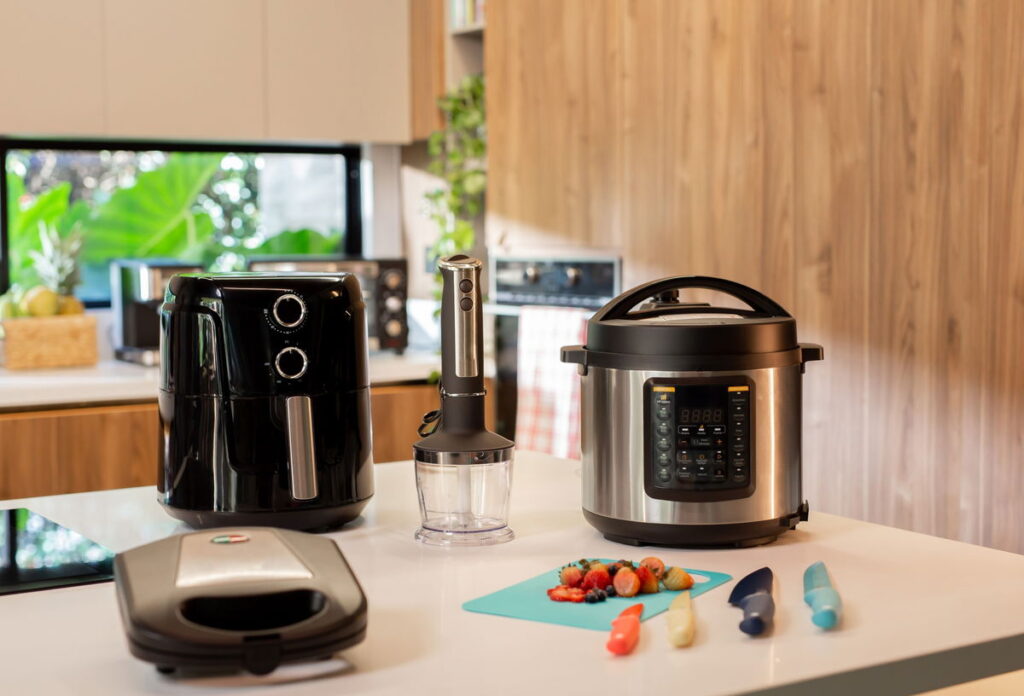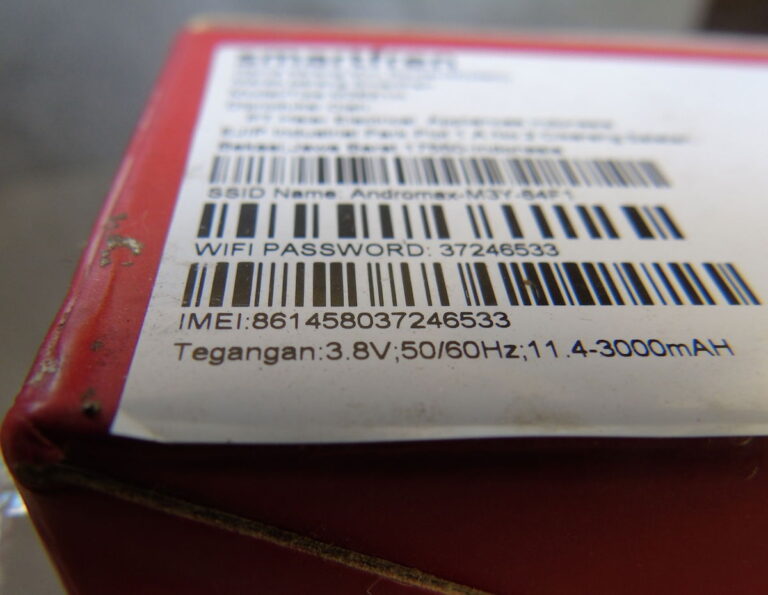
Consider this: a kitchen appliance designed to cook food requires access to your microphone. Photo by Shutterstock
UK Regulator steps in as consumer devices transform homes into data harvesting operations.
LONDON – George Orwell’s vision of omnipresent surveillance has materialised in millions of European homes, not through government force but via the convenience of smart appliances. The kitchen air fryer that promises perfectly crispy chips also demands permission to eavesdrop on family conversations. The television that streams endless entertainment simultaneously tracks your precise location around the clock. Welcome to surveillance capitalism’s domestic frontier.
This week, Britain’s Information Commissioner’s Office (ICO) issued urgent new guidance to manufacturers. The regulator’s intervention comes as research shows that four in five Brits own at least one smart device, often without understanding the full consequences of their products.
The Orwellian Kitchen
Recent investigations by consumer advocacy group Which? have exposed the shocking extent of this domestic network. This surveillance ranges from air fryers demanding permission to listen in on conversations and sharing data with TikTok to TVs wanting to know your exact location at all times. The revelations read like dystopian fiction.
Consider this: a kitchen appliance designed to cook food requires access to your microphone and shares intimate household data with a Chinese social media platform. This isn’t technological necessity, it’s surveillance capitalism’s expansion into every corner of private life.
The ICO’s new guidance represents a long-overdue regulatory response to this creeping authoritarianism by algorithm. The Information Commissioner’s Office (ICO) published its guidance for developers and manufacturers of smart products, ranging from air fryers to watches, setting out how a user’s personal information should be “collected, used and shared responsibly.”
Beyond Convenience
What we’re witnessing isn’t just aggressive data collection, it’s the systematic transformation of private spaces into profit-generating surveillance zones. Tech companies have weaponized convenience. Want your air fryer to work optimally? Surrender your conversations. Desire seamless entertainment? Accept constant location monitoring.
Companies frame intrusive data collection as personalisation, customisation, or enhanced user experience. In reality, they’re constructing detailed behavioural profiles for monetisation, while users remain largely oblivious to the transaction’s true cost.
The parallels to Orwell’s telescreens are unmistakable. Both promise entertainment and utility while secretly monitoring their users. The crucial difference is that today’s surveillance apparatus operates through manufactured consent rather than totalitarian mandate. Citizens voluntarily install monitoring devices throughout their homes, lured by convenience and connectivity.
The Illusion of Choice
Perhaps most troubling is how these systems create the illusion of user control while systematically undermining genuine choice. Privacy policies, those impenetrable legal documents few consumers read, serve as extensive data harvesting operations. Users can technically opt out, but only by sacrificing the device’s core functionality.
The Regulatory Awakening
Britain’s intervention signals growing European resistance. The ICO’s guidance joins the EU’s Digital Services Act and GDPR as part of a broader regulatory awakening to tech companies’ overreach. However, the challenge remains immense.
The smart device revolution has reached a critical inflection point. Either regulators successfully constrain corporate surveillance, or we accept the normalization of domestic monitoring as the price of technological progress. The stakes couldn’t be higher: the privacy of the home, historically society’s final sanctuary from external observation hangs in the balance.
Today’s tech giants have discovered something valuable: power over the intimate details of everyday life, harvested through the very appliances meant to make that life more convenient.
The kitchen is listening. The question is whether we’ll finally demand it stop.







